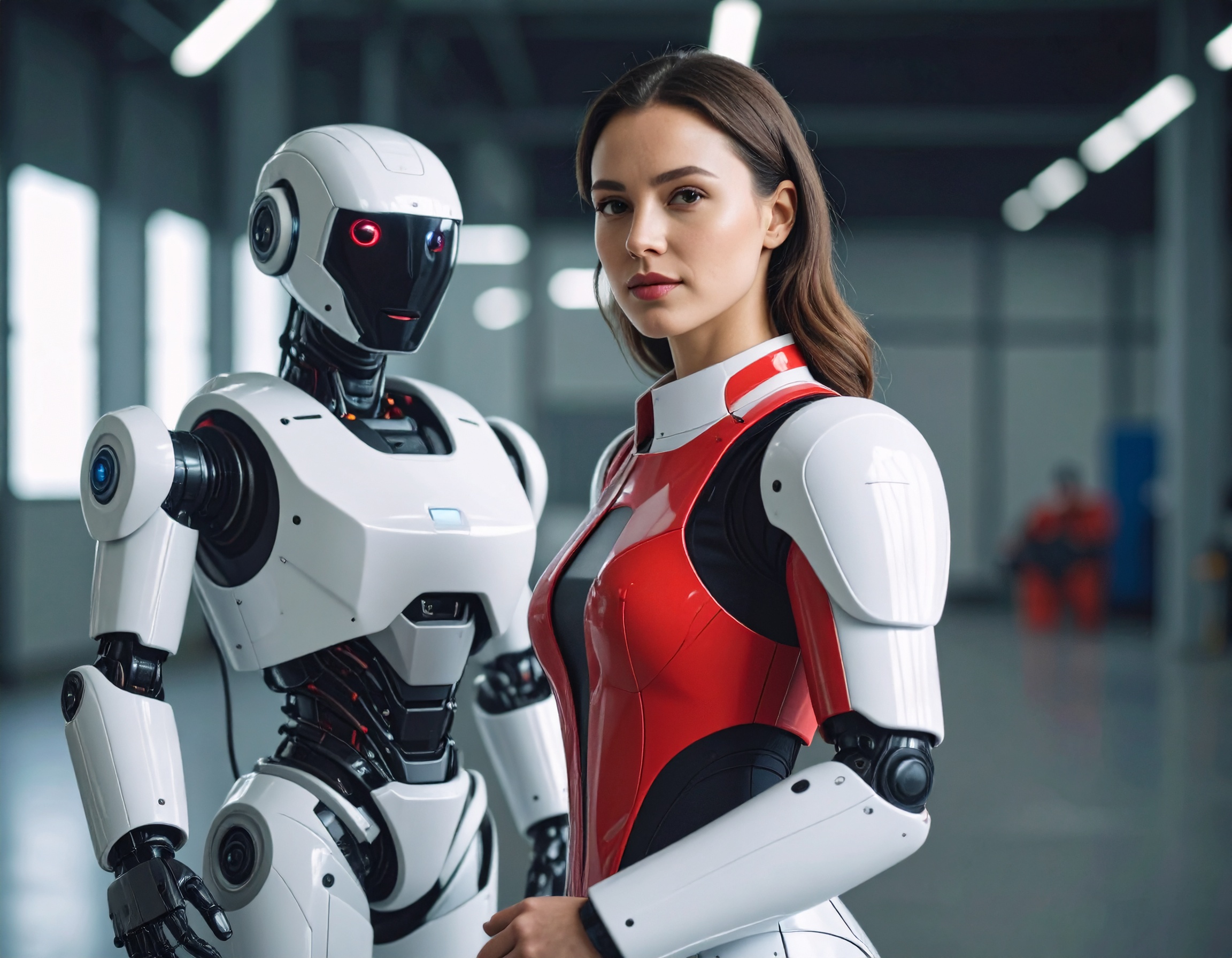Industrial Robots Revolutionize Manufacturing: A New Era for Non-Human Workers

In a significant development in manufacturing, the installation of industrial robots has rapidly accelerated in recent months, particularly noted in October 2024. This surge in automation is reshaping the industry landscape, as companies strive to enhance efficiency and meet rising consumer demand. According to recent data, the deployment of these Intelligent Agents is not just a trend but a vital response to labor shortages and the pressing need for operational flexibility.
The importance of this technological shift cannot be overstated. Industrial robots are enabling manufacturers to automate repetitive tasks, allowing human workers to focus on more complex and creative endeavors. Key facts from the analysis indicate that the implementation of these Digital Employees can lead to substantial productivity gains, with estimates suggesting that automation can boost output by 20-30% in certain sectors. Additionally, companies are reporting reduced operational costs and improved precision in production processes.
Moreover, the trend highlights the growing reliance on Non-Human Workers in various industries, including automotive, electronics, and consumer goods. This evolution reflects a broader shift toward advanced manufacturing practices, where robotics and AI technologies play a central role. For instance, major firms are investing heavily in robotic systems, integrating them with AI-driven software to optimize workflows and enhance decision-making capabilities.
In conclusion, the rapid installation of industrial robots marks a pivotal moment for the manufacturing sector. As industries increasingly embrace automation, the role of Intelligent Agents and Digital Employees will continue to expand, setting the stage for a more efficient and innovative future. This transition not only addresses current challenges but also positions companies to thrive in a highly competitive market.
Key Highlights:
- Rapid Growth: The installation of industrial robots has accelerated significantly, particularly in October 2024, as manufacturers seek to enhance efficiency and meet rising consumer demand.
- Response to Labor Shortages: This increase in automation is a crucial response to labor shortages and the need for operational flexibility in various industries.
- Productivity Gains: Implementing robots can boost productivity by 20-30%, allowing human workers to focus on more complex tasks, which improves overall efficiency.
- Cost Reduction: Companies are experiencing reduced operational costs and enhanced precision in production processes due to robotic automation.
- Sector Impact: Key industries, including automotive, electronics, and consumer goods, are increasingly relying on Non-Human Workers and advanced robotics to streamline operations.
- Integration with AI: Major firms are investing in robotic systems that work alongside AI-driven software to optimize workflows and decision-making processes.
Reference:
https://www.fxstreet.com/analysis/installation-of-industrial-robots-speeds-up-202410210630


